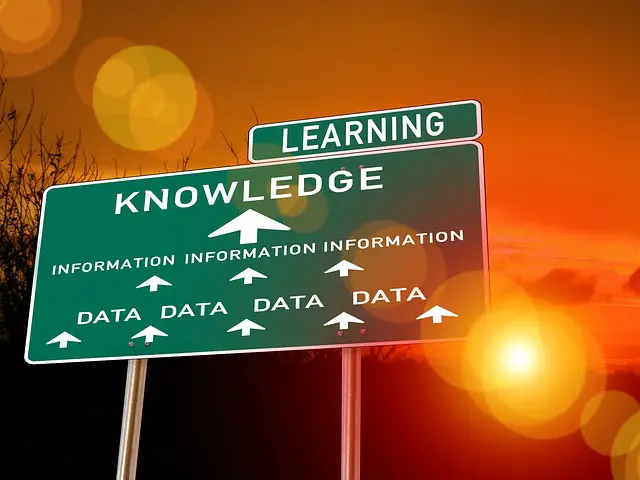Navigating Conflict via The Thomas-Kilmann Conflict Mode Instrument (TKI) Seminar

Conflict is an inherent aspect of human interaction, especially within organizational settings where diverse perspectives and priorities converge. Effectively managing conflict is crucial for maintaining productivity, fostering collaboration, and nurturing healthy relationships within teams and organizations. The Thomas-Kilmann Conflict Mode Instrument (TKI) seminar provides a comprehensive framework and practical strategies for understanding and managing conflict constructively. Let’s explore the key components of the seminar along with a breakdown of the five conflict-handling modes offered by TKI.

Page Contents
Understanding the Seminar:
The Thomas-Kilmann Conflict Mode Instrument (TKI) seminar is designed to help individuals and organizations develop proficiency in managing conflict. Rooted in the research of Kenneth Thomas and Ralph Kilmann, the TKI offers participants insights into their preferred conflict-handling styles and equips them with strategies to adapt their approach based on the situation and the needs of the parties involved.

The 5 Key Components of the Seminar
- Assessment: Participants complete the TKI assessment, which identifies their preferred conflict-handling styles across five modes: Competing, Collaborating, Compromising, Avoiding, and Accommodating.
- Self-Reflection: Through guided exercises and discussions, participants reflect on their assessment results, gaining insights into their own tendencies and behaviors in conflict situations.
- Theory Exploration: The seminar delves into the theoretical underpinnings of conflict management, exploring concepts such as interests versus positions, win-win solutions, and emotional intelligence.
- Skill Building: Participants learn practical skills and techniques for effective conflict resolution, including active listening, interest-based negotiation, and managing emotions.
- Application: The seminar emphasizes real-world application, providing participants with opportunities to apply their learning to specific conflict scenarios relevant to their personal and professional contexts.
The Five Conflict-Handling Modes
The TKI identifies five primary conflict-handling modes, each characterized by a unique combination of assertiveness (the extent to which one pursues their own concerns) and cooperativeness (the extent to which one considers the concerns of others):
| Conflict-Handling Mode | Description |
|---|---|
| Competing | Assertive and uncooperative, individuals pursue their own concerns at the expense of others. This mode may involve using power and authority to win a conflict. |
| Collaborating | Assertive and cooperative, individuals work with others to find mutually beneficial solutions. This mode requires open communication, active listening, and a willingness to explore diverse perspectives. |
| Compromising | Individuals seek to find a middle ground where both parties give up something to reach a solution. This mode involves a moderate degree of assertiveness and cooperation but may not fully satisfy either party’s interests. |
| Avoiding | Individuals sidestep or postpone the conflict, often because they perceive the issue as trivial, emotions are high, or the timing isn’t right to address the conflict. |
| Accommodating | Individuals are unassertive and cooperative, prioritizing the concerns of others over their own. This mode may be appropriate when preserving relationships is more important than achieving personal goals. |
Conclusion
The Thomas-Kilmann Conflict Mode Instrument (TKI) seminar equips individuals and organizations with the tools and strategies needed to navigate conflict effectively. By understanding their preferred conflict-handling styles and learning how to adapt their approach based on the situation, participants can foster constructive dialogue, enhance relationships, and achieve positive outcomes in the face of conflict. Through self-reflection, theory exploration, skill building, and real-world application, the TKI seminar empowers individuals to become proficient conflict managers, contributing to a more harmonious and productive organizational environment.







